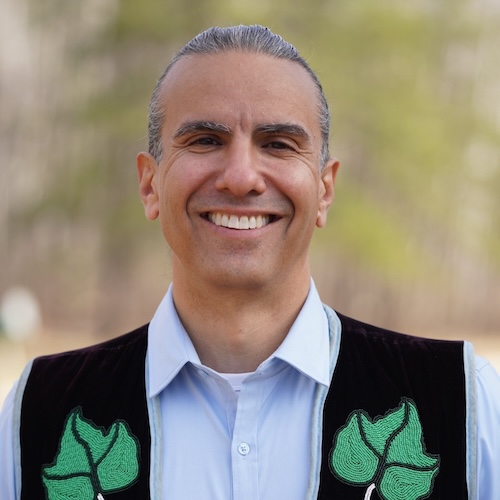
Afternoon Breakout 1 - Everything You Wanted to Know About Indians But Were Too Afraid to Ask
A London-Middlesex System-Wide Professional Learning Day

Event Details
Indigenous people stopped referring to themselves as Aboriginal or Indian and started calling themselves First Nations people… I use the terms Indian, Native, Native American, and Indigenous in this book intentionally and with full knowledge of their shortcomings and the risk that some of them are confusing or even give some people offense.” (p. 13-15 from Everything You Wanted to Know About Indians But Were Too Afraid to Ask)
Ranging from “Why is there such a fuss about nonnative people wearing Indian costumes for Halloween?” to “Why is it called a ‘traditional Indian fry bread taco’?“ to “What’s it like for natives who don’t look native?” to “Why are Indians so often imagined rather than understood?”, and beyond, Everything You Wanted to Know About Indians But Were Afraid to Ask does exactly what its title says, in a style consistently thoughtful, personal, and engaging.
White/Indian relations are often characterized by guilt and anger. Everything You Wanted to Know about Indians But Were Afraid to Ask cuts through the emotion and builds a foundation for true understanding and positive action.
Anton welcomes any questions you may have, whether in the moment or in advance.
